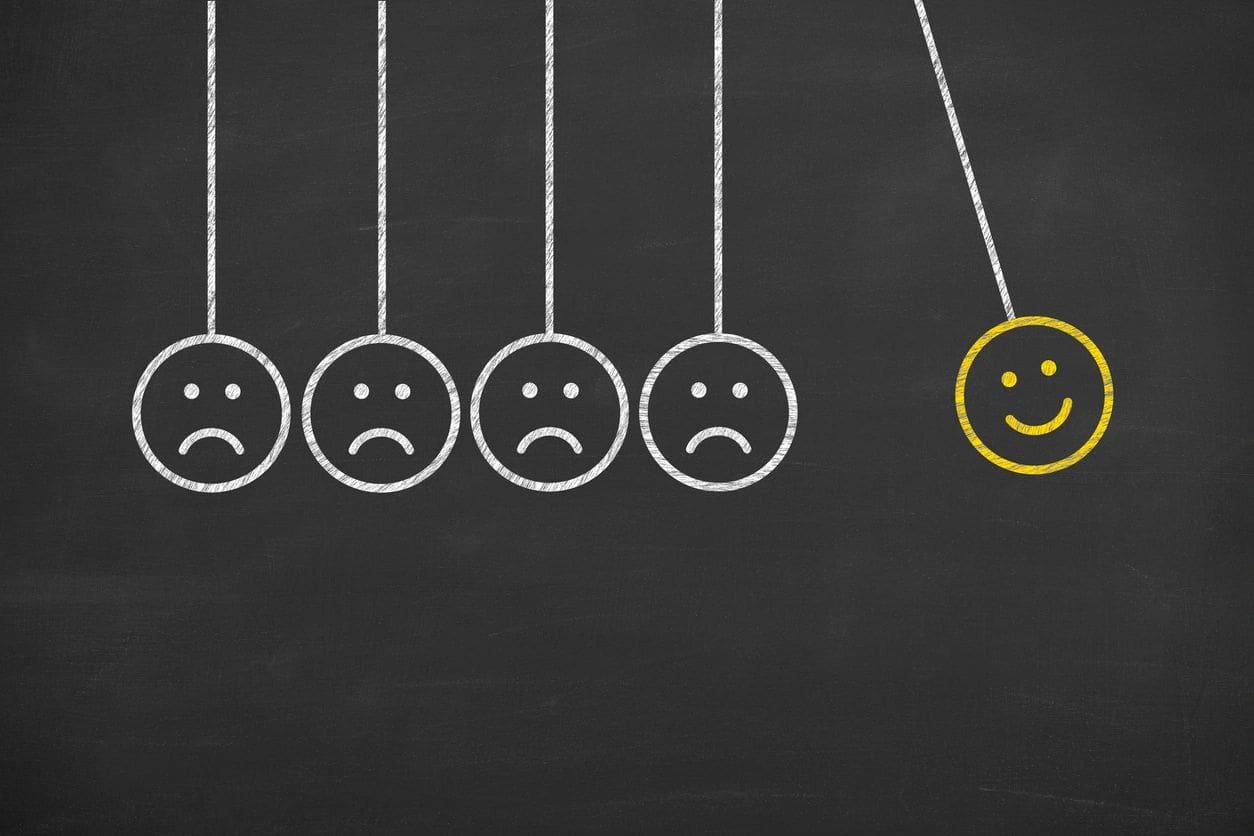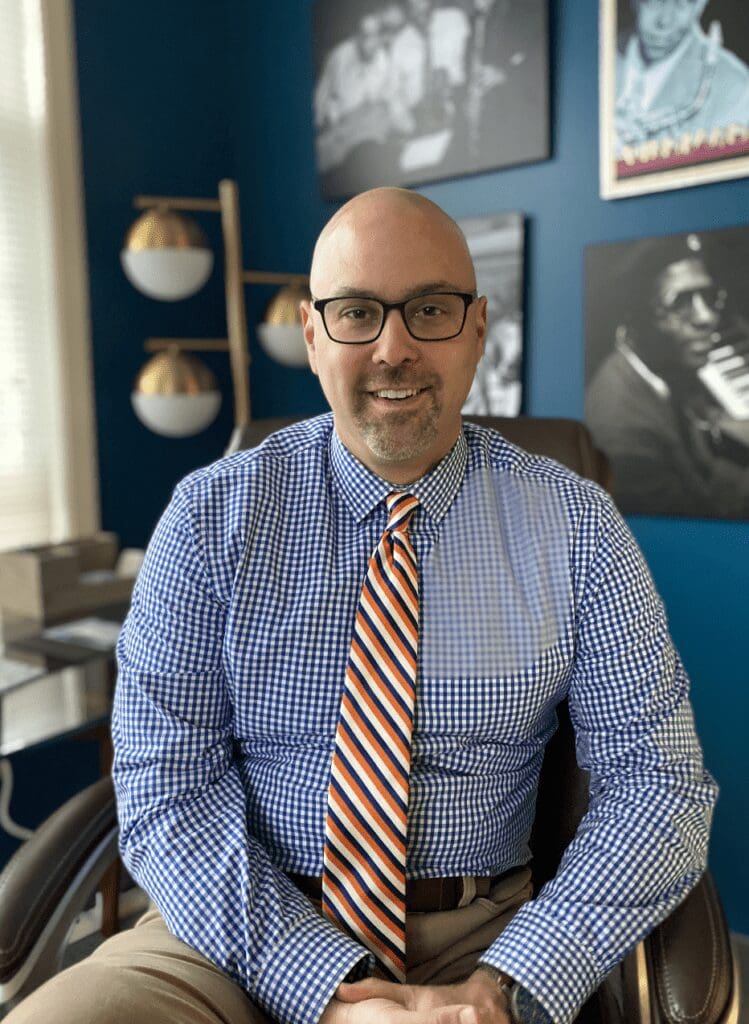Search Posts
Recent Posts
- Writer Herb Weiss’ 45 years of Advocacy on Aging now Archived at Rhode Island College Library Special Collection June 23, 2025
- Providence Biopharma, Ocean Biomedical, Notified of Termination of License Agreements with Brown University, RI Hospital June 23, 2025
- Networking Pick of the Week: Early Birds at the East Bay Chamber, Warren, RI June 23, 2025
- Business Monday: Dealing with Black and White Thinking – Mary T. O’Sullivan June 23, 2025
- Rhode Island Weather for June 23, 2025 – Jack Donnelly June 23, 2025
Categories
Subscribe!
Thanks for subscribing! Please check your email for further instructions.

Depression, not sadness – Dr. Anthony Gallo
Dr. Anthony Gallo, founder, South County Psychiatry
Major depressive disorder and its relatives are, along with anxiety disorders, the most common disorders that we treat. More and more now, many celebrities are coming out to talk about their bouts with this disease, including Brooke Shields, Mike Wallace, The Rock, Michael Phelps, and many, many others. Many patients will come to me and say, “My life is great, I have nothing to be depressed about” but that makes as much sense as saying, “My life is great, I have no reason to have hypertension.” Major depression IS NOT SADNESS. Severe life events can certainly trigger depressive episodes in people who are predisposed, but they are not the same thing. Sad to say, the effects of major depression can be debilitating, and many patients do not receive the most adequate evidenced-based treatments that are available.
The onset of major depression often occurs in the 20s and 30’s though it can occur earlier or later, and often affects women in greater numbers than men. It is often co-morbid with other psychiatric disorders including anxiety disorder, substance use disorders, PTSD, ADHD, and can dramatically worsen the outcome of medical conditions, such as stroke and heart attacks.
To meet criteria for a major depressive episode, patients must have at least 2 weeks of the following:
- Depressed mood or lack of pleasure. And four more including:
- Change in appetite
- Feeling slowed
- Fatigued
- Worthlessness or guilt
- Poor concentration
- Thoughts of suicide
- We also see hopelessness, helplessness, decreased libido
- Auditory hallucinations and delusions can develop
- In severe cases, patients may often become so slowed that they become catatonic.
Other variants exist as well. Many patients know that a major depressive episode can occur after a baby is born, but not many people know that it also commonly occurs DURING a pregnancy (called ante-partum depression). There is also something called dysthymia, which is a chronic state of depression that often does not dramatically improve.
Well, what to do? Thankfully, there are many, many options to help patients who are suffering from depression. First, we want to make sure that there aren’t any medical conditions that can mimic or worsen depression, such as issues with the thyroid, blood counts, and even certain hormones (such as those found in contraceptive options). Antidepressant medications were first discovered when patients with tuberculosis were given antibiotics and it was found that some of them had an improvement in their mood. Imipramine has been around since the 1950’s and Prozac came out in 1989. Needless to say, there are extensive options for antidepressant options, each with its own risk and benefit that a good mental health provider will tailor to your particular disease. Evidence-based treatment algorithms exist that can guide a practitioner to different options.
If people do not respond, the most common strategy is to try switching antidepressants to one from a different class; then if that does not work, adding other medications including other antidepressants, Lithium, thyroid hormone, and so-called atypical antipsychotic medications (i.e., Abilify). In addition, psychotherapy is important as well: looking at one’s relationships, thoughts, and behaviors all can have a significant impact on symptoms.
Here at South County Psychiatry, we are also impressed by the evidence of adjunctive therapies that focus on the use of light boxes, the Mediterranean diet and exercise.
Last, neuromodulation with electroconvulsive therapy (ECT) and Transcranial Magnetic Stimulation are available for those with treatment refractory disease.
For ECT, patients have a series of 6-12 treatments, for 2-3 times per week, where they are given general anesthesia followed by an electrical stimulation that causes a brief seizure (without any movement due to the anesthesia) and then wake up within minutes. Though One Flew Over the Cuckoo’s Nest is an incredible movie, the depiction of ECT does not resemble Jack Nicholson’s experience! Efficacy is somewhere around 80-90%, making it one of the most powerful treatments in not only psychiatry, but all of medicine. Side effects include transient memory loss, headache, and nausea/vomiting, though the latter two can be mitigated with medications. This is most often done in a hospital setting.
The first use of a magnet to stimulate the brain was in 1985, and TMS came to widespread use in 2008. As of now, it is FDA approved for treatment-refractory major depressive disorder and obsessive compulsive disorder. This treatment is reserved for patients who have failed psychotherapy and at least four adequate trials of antidepressants. The process is simple:
- The patient sits in a chair that resembles those found at a dentist’s office.
- A cloth cap is placed on the patient’s head. Three measurements are made and fed into a computer.
- A line is drawn with a dot placed on the cap.
- The physician then places a wand over the patient’s head and delivers brief, painless, magnetic pulses over that area until the right thumb begins to twitch. At that time, the “motor threshold” was established.
- After this the pulses are delivered over a course of 19 minutes.
- The patient is able to drive home and comes back every weekday for about a month.
Common side effects are primarily limited to site tenderness and dizziness: Fainting and seizures are rare. Here is a video:
___

Dr. Anthony Gallo is a native of Rhode Island. He is an alumnus of Providence College where he completed the honors program and graduated Magna Cum Laude with a Bachelor of Science in Biology. From there, he matriculated directly to Boston University School of Medicine, and stayed there for his residency at Boston Medical Center. Dr. Gallo is a diplomate of the American Board of Psychiatry and Neurology and is double-boarded in Adult Psychiatry and Consultation-Liaison Psychiatry.
After finishing his residency, he worked in community hospitals in Massachusetts before returning to Rhode Island. In 2006, he joined the Psychiatry staff of Rhode Island Hospital / Lifespan where he stayed for over a decade. During that time, he worked in various services all throughout the department, as well as consulting in different areas of the hospital and promoting numerous quality initiatives.
Dr. Gallo founded South County Psychiatry to meet the need for quality mental health care in Rhode Island. He relaxes with cooking, listening to jazz, clay shooting, and spending time on the water with his wife, boys, and dog.
South County Psychiatry – https://www.southcountypsychiatryri.com/
